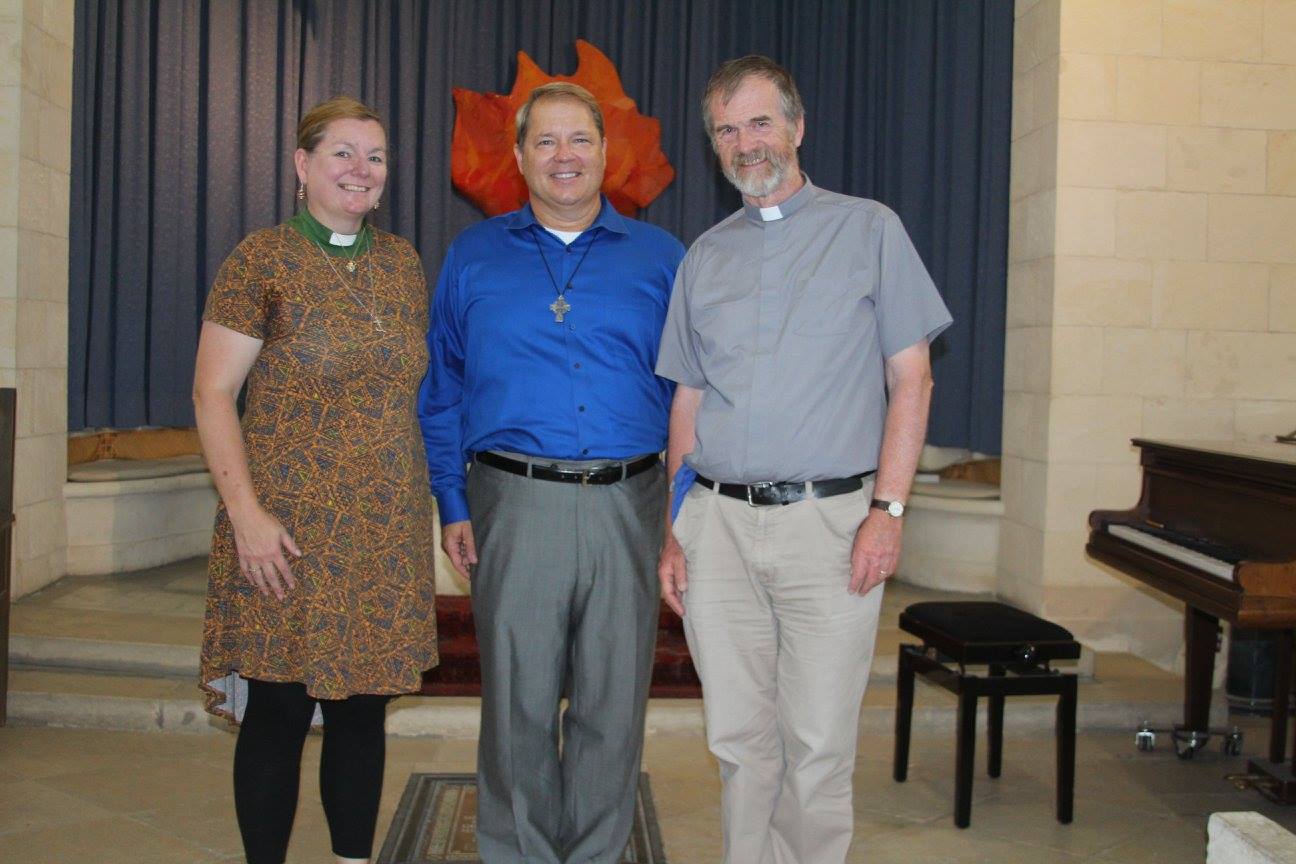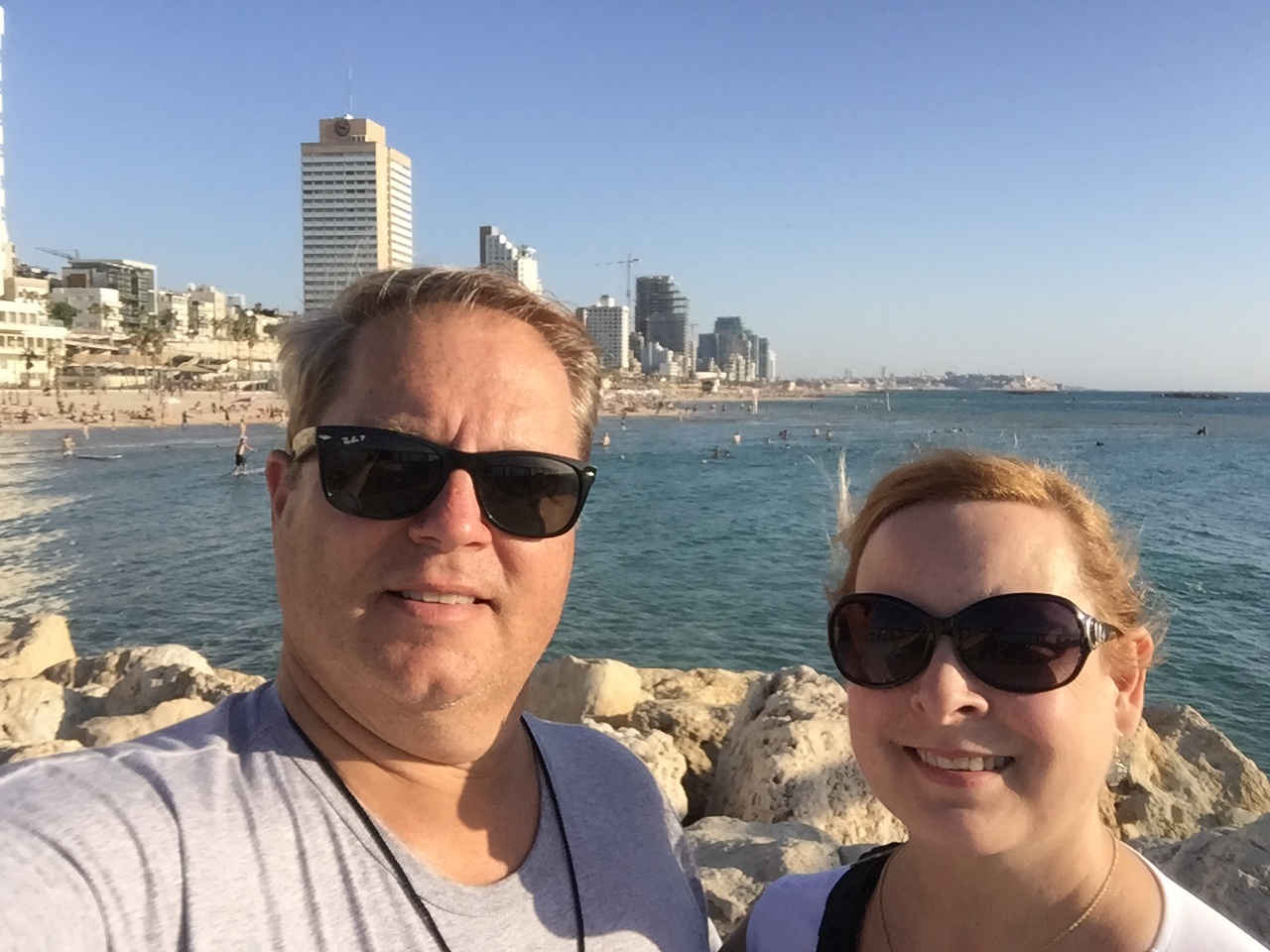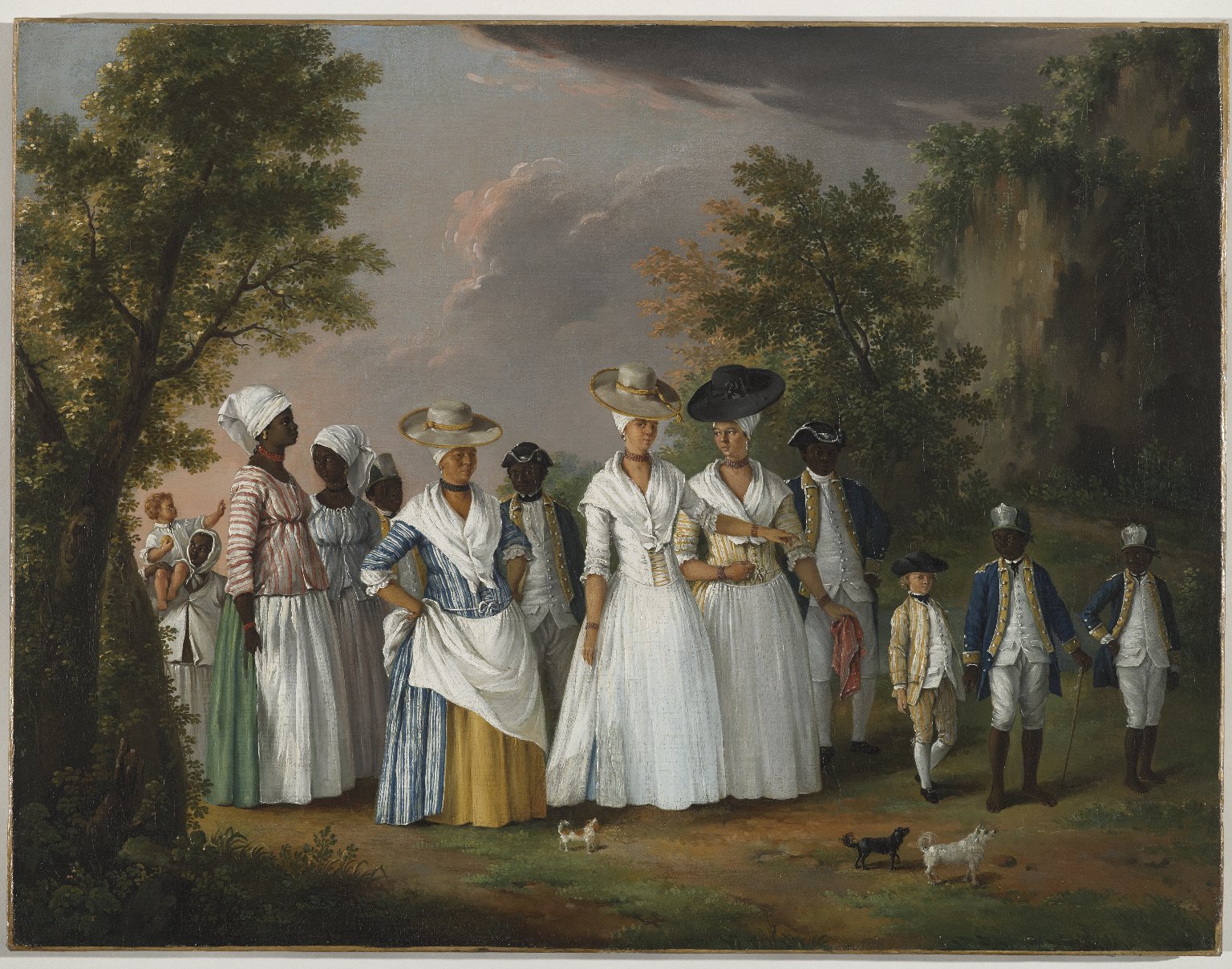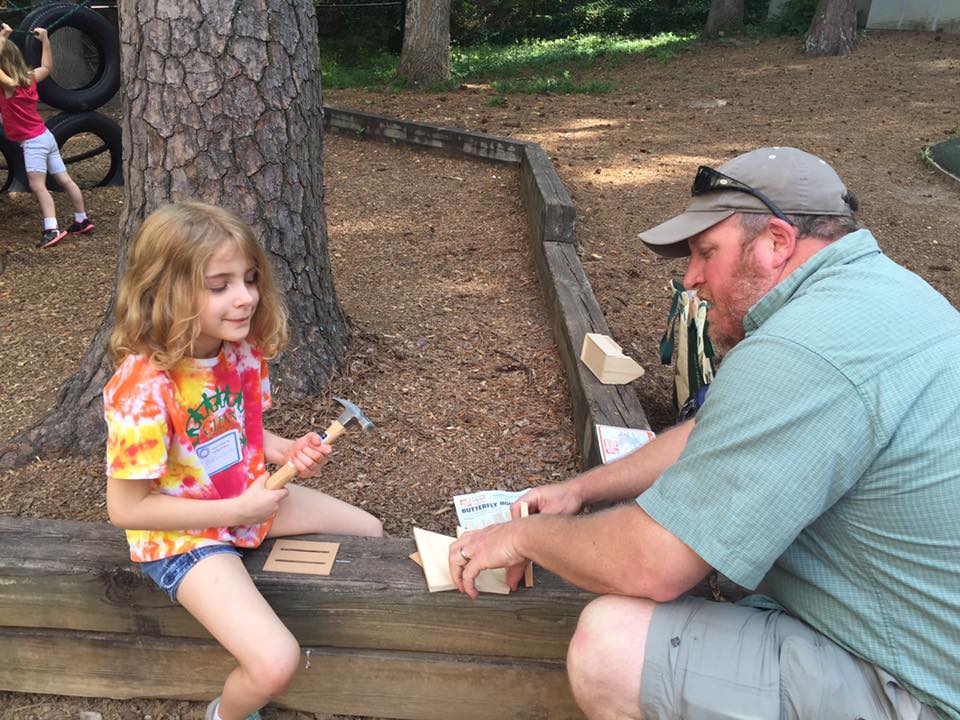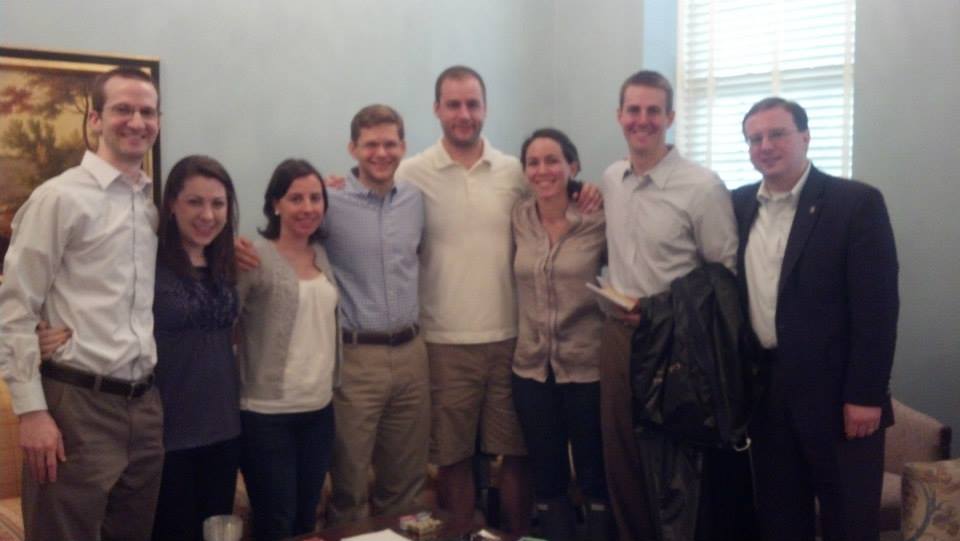As a child, Advent was frothy, overflowing with cookies and wreaths. We sang: Advent is the time to wait, not quite time to celebrate. We waited for school to end, waited for Christmas morning, waited to rip open presents.
As an adult, I still cherish the froth, but I also chase transformation. I sing: Long lay the world in sin and error pining, 'til He appeared and the soul felt its worth. I wait to understand, I long to see clearly, I yearn to strike the light.
So this year, I added a new Advent practice: praying the hours.
I first prayed the hours this past Lent, using Phyllis Tickle’s The Divine Hours. As Advent approached, I knew that I wanted to do it again, and so I ordered Tickle’s Christmastide: Prayers for Advent Through Epiphany from The Divine Hours. The book contains guided liturgy, Scripture, and prayer for morning, midday, and evening. It’s a mini-worship service—not even 10 minutes—three times a day. You can even chant or sing the passages if you like (I’m sure my dog really appreciates this in the mornings).
I’ll be honest: I’m one of those stereotypical progressive Christians who doesn’t read her Bible on a regular basis. It’s just never become part of my daily or weekly practice (save for Sunday mornings), even though my red third-grade Bible from Glenn sits loyally on my bedside table. Part of that, I think, is the overwhelmed feeling I get when I try to think of where or how or when to start reading the Bible regularly. Yes, I’ve taken Disciple, and yes, I know I could very well begin at “In the beginning…” but in the midst of the chaos of life, it’s felt hard to establish, or—dare I admit it—to want to establish a routine in this way. That might be a whole other blog post.
For now, I’ll say that praying the hours during these sacred seasons has meant that I more purposefully make time for this quiet prayer, praise, and supplication. I sing the morning prayers out loud at the breakfast table, alone in the house with the obliging dog. I close my office door at lunch, turn away from the computer, and speak them to myself. On the bus home surrounded by other humans, I chant them in my head.
Here’s an excerpt from Tickle’s introduction to what she calls “this manual”:
For me, and based on my own years of “praying the hours,” fixed-hour prayer is best understood as a kind of free, widely windowed, and open passageway between two places—one very physical and the other very virtual. Put more concretely, observing the divine hours allows our human awareness or mental focus to move back and forth on a daily basis and in a disciplined way from attending to the necessary bustle of each day of our lives to attending to the eternal timelessness and magnificence of divine life.
This moving back and forth is truly a gift, in a myriad of ways. I have the liturgy and Scripture laid out before me, so I don’t have to “think” in terms of getting to this point—but then I do find myself able to think and reflect on what I’m reading and singing and praying. The passages are peppered from throughout the Bible—Psalms, prophets, epistolary, Gospels—and together they create a sense of holiness and hope within me. Even if sometimes I’m tired and just feel like I’m reciting the words, not really feeling them or understanding what they mean for me in the moment, that’s okay too; if nothing else, I’m making the space for God to enter my heart. Maybe the words will connect with me at midday, or evening, or tomorrow.
What if I lapse and forget a lunch hour here or there? It’s a good reminder that I need to slow down my multitasking mind. And there’s always another chance. As Tickle writes further on in her introduction,
If this is your first attempt to return to this most ancient of Christian practices, it is wise to remember that you are entering into a discipline and, like all disciplines, this one sits hard and heavy upon one at times. There are hours you will miss and/or some that you can’t even begin to figure out how to observe. That is all right, but either the joy will carry you into greater joy and transmute the discipline into privilege, or you will find yourself simply the wiser and the richer for such experience as you have had.
I so deeply value this sentiment of abundance: I don’t have to reprimand myself for missing an hour, for no matter what, I am enriched by the hours I do pray. Because regardless of my emotional state, these Advent prayers, songs, and readings instill in me peace—maybe not the peace that passes all understanding, since I’m still constantly, as Tickle puts it, “attending to the necessary bustle.” But peace in the growing knowledge that God is present with me at every hour. Peace through acknowledging that truth out loud, or in my head as I ride the bus, in lyrical age-old praises that have comforted and refreshed countless humans long before me.
And in this season of darkness and light, when the days are shorter and we race from work to mall to party, when God not only is present with us but came down to dwell among us, I can’t think of anything else that I need more.
Claire Asbury Lennox













